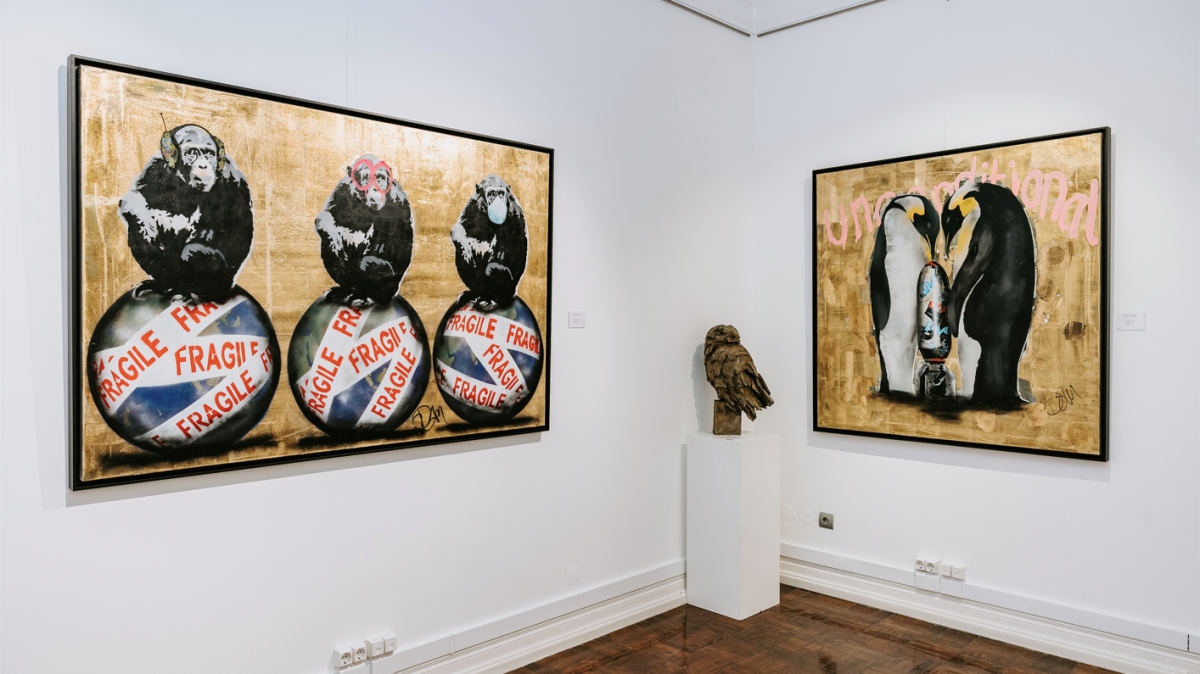The implications of the intelligence and awareness of these animals for the future of aquaculture and fisheries is one of the themes of the "Summer shoal on fish ethology and welfare" conference taking place between today and Friday in Pedras d'el Rei, Tavira, in the district of Faro, João Saraiva, researcher and organizer of the meeting told Lusa.
Australian researcher, Culum Brown, will be in Portugal for the first time to present a paper on the consciousness and emotions of fish and explain how their brains allow them to have a mind, which has "ethical implications" in fishing and aquaculture.
American researcher, Becca Franks, is responsible for a manifesto against octopus aquaculture, in which she explains that these animals are capable of suffering in a similar way to humans and that they "suffer horror when they are in confined environments".
"As we realise that fish and shellfish have intelligence, conscience and even emotions, we have to treat them accordingly", said João Saraiva, responsible for setting up a research group on ethics and animal behaviour based at the University of the Algarve.
Another presentation addresses the slaughter of fish in the fishing industry, where there is already strong pressure from the aquaculture industry", so that the two sectors have the same type of regulation, favoring "slaughter by stunning", to cause "a painless death," said Saraiva.
Representatives of the three sectors that influence aquaculture and fisheries, among researchers, entrepreneurs and non-governmental organizations, will also attend.
This is a "restricted" group, but one from which important decisions can emerge at European level: "if sustainability was on the agenda, the next major cause to be addressed in our relationship with the sea is ethics", said the researcher.
Since the sea, fisheries and aquaculture are of "national interest", João Saraiva advocates the start of integrating animal ethics into these sectors, because "when the guidelines and regulations come from Europe, and this is certain to happen, the industry will not be prepared".
The event is organised by the fish welfare and ethology group of the Centre for Marine Sciences (CCMAR) at the University of the Algarve, in Faro, which is dedicated to the study and dissemination of the behaviour and welfare of aquatic animals.








